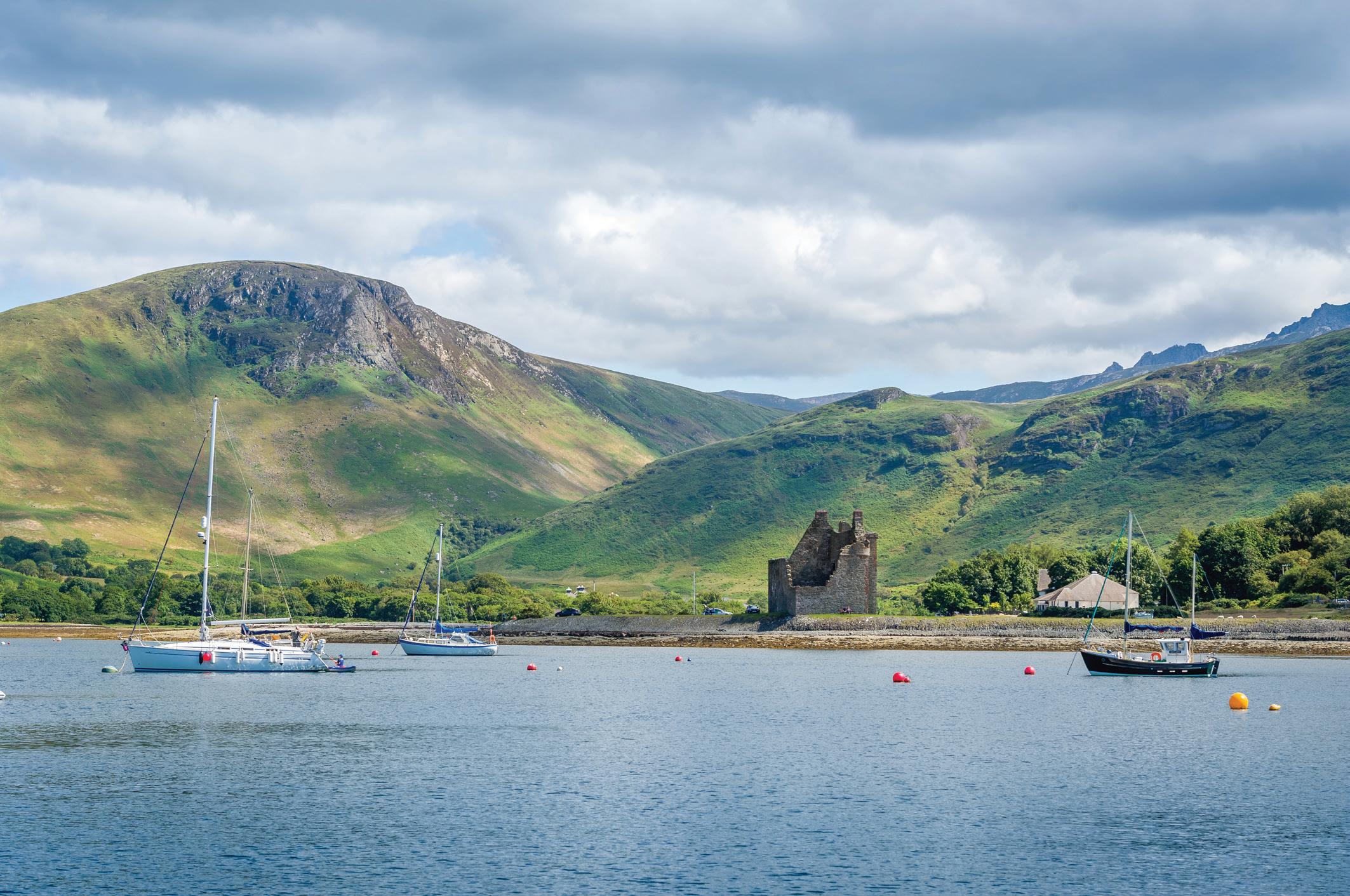
1 minute read
Net zero Arran
If it is done carefully, correctly and backed by trusted advice and implementation the process can be potent tool for any agricultural business. Regardless of where you are and what sector you work in, carbon auditing can deliver indicators of inefficiencies in production systems, which will inform decision making at a high level.
Since the Beef Efficiency Scheme came to its conclusion, farmers on the island of Arran have opted to continue carbon auditing, holding meetings to identify reasons for high emissions and take collective, collaborative and coordinated action to address climate change.
So, what is the group and how does it work?
Well, fundamentally, the farmers on the island each get a carbon audit done annually and meet quarterly to discuss the results and option for improvement.
By the end of this year, the group should have completed 88 audits and held 12 formal meetings since launch, including events with the Scottish Farm Advisory Service (FAS) and the National Farmers Union Scotland (NFUS) and has been supported throughout their growth by Farming for a Better Climate (FFBC).
The climate change group on Arran is a farmer driven initiative, bringing in specialist speakers and consultants to address queries and develop action plans for issues identified by the members.
As a result, the group has had members who have established stubble turnips to fatten lambs and facilitate grass reseeds. They have had farms not cropped for decades growing spring barley for their own feed and bedding straw, and established thousands of meters of hedgerows to soak up atmospheric carbon and mitigate some of the worst excesses of climate change.
There is no suggestion here that everyone should be a member of a climate change group, there are a number of factors that have influenced the success of Net Zero Arran, and some of those would not easily be replicated.
However, members on Arran see participation as an opportunity to improve their production systems and some are genuinely interested in concepts like natural capital and high nature value farming. It is a broad church in that sense, with commitment to bettering your business, landscape and local community at the heart of it.
Each area in Scotland will have their own challenges and barriers to low carbon farming, but with policy drivers pushing farmers to find their own kind of green, those that are resistant may find themselves, very quickly in the red.










